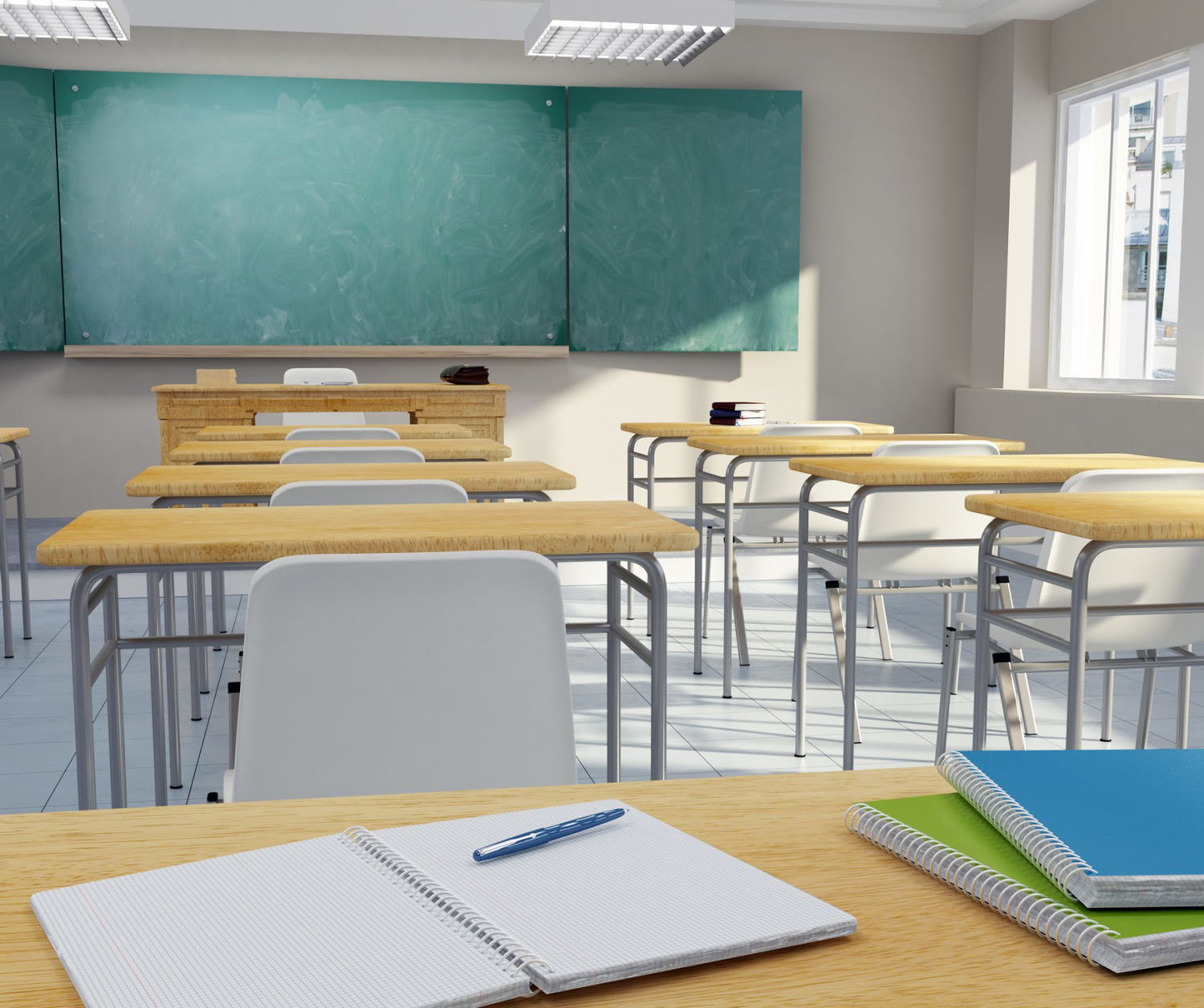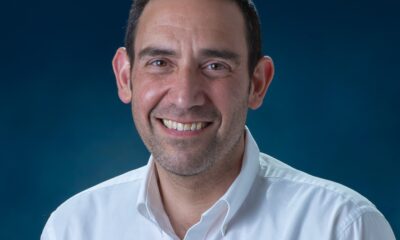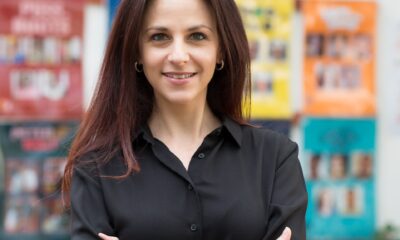
Community

Third wave closes schools and shuls
Amid a merciless third wave unlike anything the Johannesburg Jewish community has seen before, a number of Jewish schools have decided to close, and Chief Rabbi Dr Warren Goldstein is calling on shuls not to hold minyanim until after Monday 28 June.
The rapidly changing situation and spiralling number of infections has led to a change in the initial decision taken at a meeting convened by the chief rabbi on 10 June with rabbis, senior committee members of shuls and medical experts.
“Initially, Professor Barry Schoub, and Dr Richard Friedland advised that individual shuls should take the decision whether to suspend their services temporarily based on their unique risk circumstances,” said Goldstein.
However, later this week, on the advice of Schoub, a virology expert, and Friedland who is the Netcare CEO, Goldstein called on the rabbonim in Johannesburg and Pretoria to “suspend minyanim for the next two weeks” and sent letters to the shuls in this regard.
“The situation remains fluid, and will be reassessed on an ongoing basis and the community kept informed,” he said. “We pray the situation improves so we will be able to responsibly reopen on June 29.”
Rabbi Ricky Seeff, the director of the South African Board of Jewish Education (SABJE), which governs King David schools, said, “As the number of COVID-19 cases in Gauteng began to increase at an alarming rate, as did the Hatzolah numbers over the past week, we felt that closing the schools was the correct course of action for the safety of our teachers, students, and the broader community.”
Asked if children are catching and transmitting the virus more now than in other waves, he said, “Although the numbers within our system have been very low, there is undoubtedly a noticeable shift from previous waves. Children of all ages have tested positive for COVID-19 in the current wave.
“The majority of cases [of children contracting COVID-19] reported have been due to family transmission and social events that have taken place outside of school,” he said. “As such, in our high schools, a large number of students have needed to isolate. Thankfully, the King David system has been able to adapt and stream the lessons to students at home.”
Seeff said the SABJE consulted with a team of medical advisors on a weekly basis. “We firmly believe physical schooling is ideal due the educational and social benefits for students, and we have tried to keep the schools open. Last week, our medical advisors felt that the time had come to consider closing due to the spread within the community.”
At this point in time, all King David schools are online. “We will continue to monitor the situation and make the decision to reopen according to data and medical advice,” he said. Online teaching is available for all grades. High school exams continue on campus. “Given the short duration of the school day, the large ventilated venues, and the lack of social interaction [during exams], our students and staff will be safe for exams to continue in person.”
“The decision to close was more challenging this year because parents are back at work and may struggle to assist their children with online schooling,” said Seeff. “We have received an overwhelmingly positive response to the decision in spite of these challenges.”
Rabbi Yossi Liberow, the managing director of Torah Academy, said the school had closed most grades. “Exams will continue until when we intended to complete the term. We are definitely seeing children catch the virus more so than in previous waves. In the past few days, we have seen a bigger increase in cases,” he said.
Rebbetzin Natalie Altman, the director of kodesh and ethos at Yeshiva College, said, “We’ve closed our whole preschool and playschool. Grades R, 1, and 2 remain open. Grades 3 to 6 are online. Grades 7 to 11 are writing exams, and they remain at school. Our Grade 12s are doing block lessons, and they remain at school.
“There’s no question that the Hatzolah numbers are reflecting that children are catching and transmitting the virus, much more now than in other waves, and being affected by it,” she said. “We have many more children that are COVD-19 positive. In addition, six or seven girls in our girls high school have lost grandparents [in the third wave]. It’s been quite traumatic and sobering.”
Johannesburg general practitioner Dr Daniel Israel said, “We have seen in this third wave a far bigger spread of COVID-19 among children [than in other waves]. In my own practice, I’ve diagnosed a one-year-old and a three-year-old in the past week with COVID-19, as index cases in their families. In schools, it’s sometimes impossible practically to make children adhere to guidelines to the point of no risk whatsoever. So when cases are high, it certainly isn’t the time to be playing the risk game.”
Therefore, he thinks it’s the correct decision to close schools. “It will make a big difference to the amount of contact. The challenge is what kids do when they’re not at school. If they have arrangements and sleepovers, then it’s far less safe than interacting at school with masks and ventilation.”
In terms of age groups, “the youngest kids are definitely a problem. We’re getting cases in very young children who can’t wear masks because they’re too young – that’s really a spreading environment. Where it’s also a problem is early and mid-high school, because kids there seem to have an attitude that they’re invincible, and sometimes they’re rebellious and don’t follow the rules. Matrics are normally serious enough about it that they wear a mask and are careful. And certainly in the primary schools, the kids are quite compliant. So, I believe we could return to school in stages based on age groups,” Israel said.
Said Schoub, “All the Jewish schools have been exemplary in carrying out COVID-19 precautions. However, the present COVID-19 epidemic is particularly severe in the Jewish community, and it was felt it would be unwise to keep the schools open at this time. Data has indicated that the extent of the epidemic in the Jewish community currently exceeds that of the first and second waves, and temporary closure of schools would be a wise precaution.”
On the Synthesis Podcast of 13 June, Linksfield Clinic pulmonologist Dr Anton Meyberg described the situation in hospitals as “anarchy”, and said he believed shuls (and other places of worship) should be closed and religious gatherings curtailed. Anyone over 60 or those with comorbidities should keep away from such gatherings, Meyberg said. “Put yourself first, contain yourself, even if you are vaccinated. If schools are closing, it should trigger in our minds that we are in trouble.” He called on religious and community leaders to speak up and encourage compliance.










